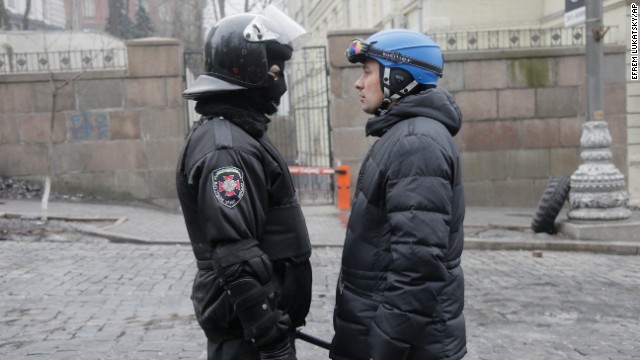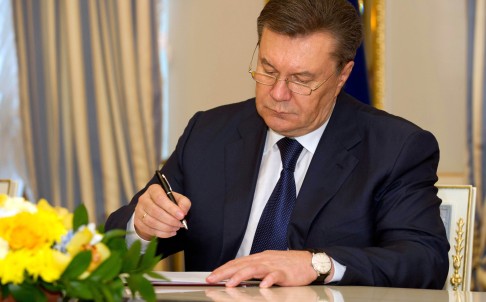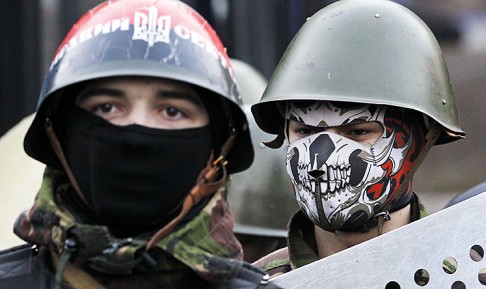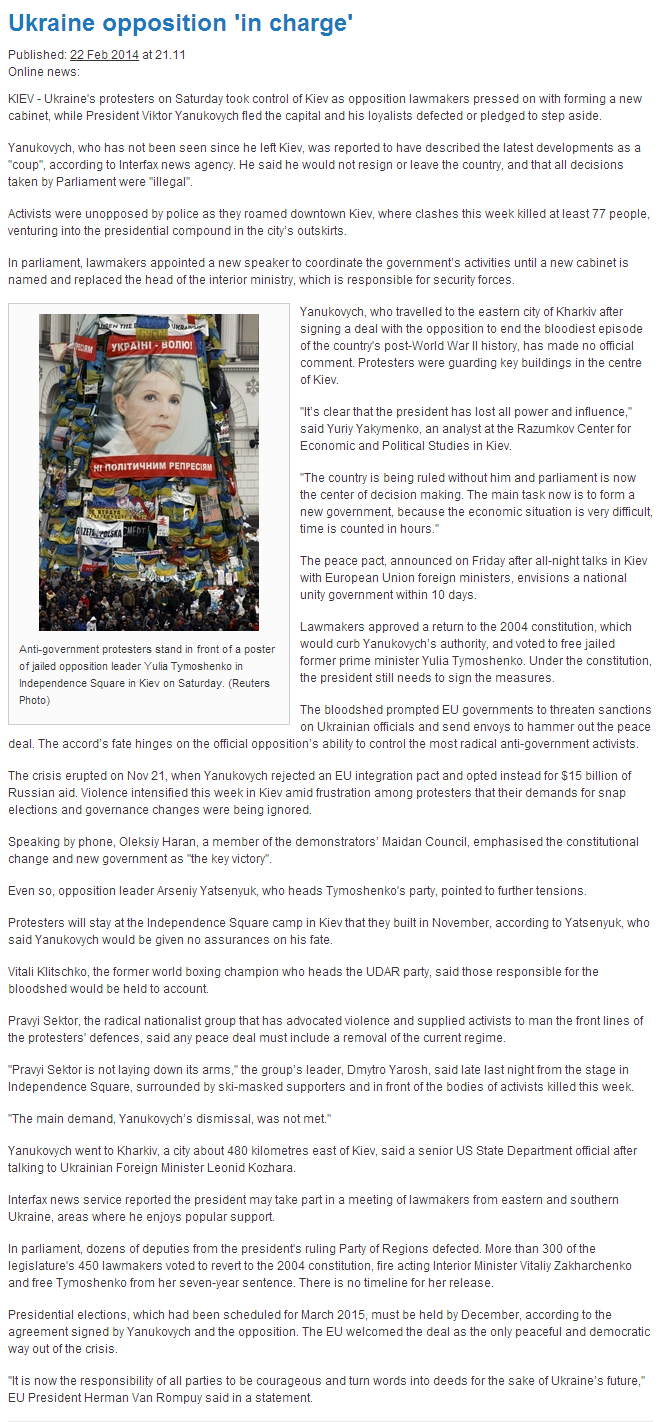FEMEN's Inna Shevchenko strips off at Cinema for Peace gala *EXPLICIT*
<iframe src="http://www.liveleak.com/ll_embed?f=98ed2b732f4b" allowfullscreen="" frameborder="0" height="360" width="640"></iframe>
Berlin's annual Cinema for Peace event got underway on Monday at the Konzerthaus, with FEMEN leader Inna Shevchenko astounding the red carpet media by revealing her breasts from underneath her black gown.
Shevchenko was accompanying film directors Arash T. Riahi and Arman T. Riahi, who have made the documentary 'Everyday Rebellion', which features the activists FEMEN in Kiev, Paris and Stockholm.
Various Hollywood stars adorned the red carpet including actress Uma Thurman from Nymphomaniac, and French actress Catherine Deneuve. The Cinema for Peace award ceremony aims to raise awareness for the social and humanitarian relevance of films.












